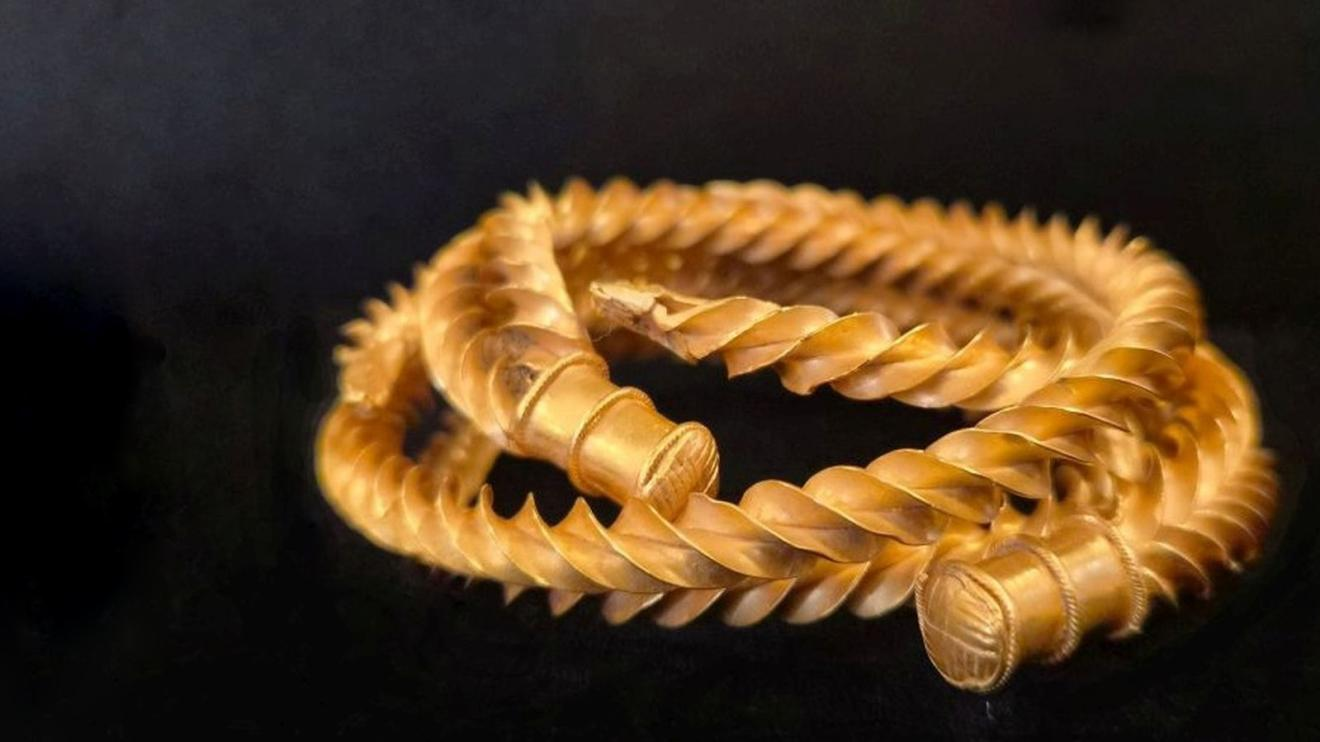Origins of the Excalibur Legend
The story of Excalibur has fascinated readers for centuries, beginning with early medieval tales about King Arthur. Although versions differ, many early accounts describe the sword as a gift granted by mystical forces, emphasizing Arthur’s destined role as a great ruler. Some traditions say Excalibur was handed to Arthur by the Lady of the Lake, while others connect it to the famous “sword in the stone” test that only the rightful king could pass. These stories, shared through poems, folklore, and later literature, helped shape Arthur as a figure of honor and heroism.
Symbolism Behind the Legendary Sword
Excalibur is more than just a weapon it represents the qualities expected of a true leader. The sword symbolizes divine approval, justice, and the strength needed to protect a kingdom. Its shining blade often reflects clarity, courage, and moral integrity. Many storytellers use the sword as a symbol of rightful authority and the weight of responsibility that comes with power. For readers and audiences today, Excalibur continues to stand for honor, resilience, and the enduring hope for a noble leader.
Real-World Inspirations
While Excalibur is a mythical item, the idea behind it likely came from real historical influences. Early swords belonging to tribal leaders and warriors were often treated as sacred objects, believed to hold spiritual or supernatural significance. Archaeological discoveries show that ancient European cultures sometimes placed special weapons in lakes or rivers as offerings possibly inspiring the tale of the Lady of the Lake. Additionally, the tradition of proving one’s worth through physical challenges may have contributed to the “sword in the stone” motif. These real-world practices, combined with storytelling over generations, helped shape the powerful legend we know today.







